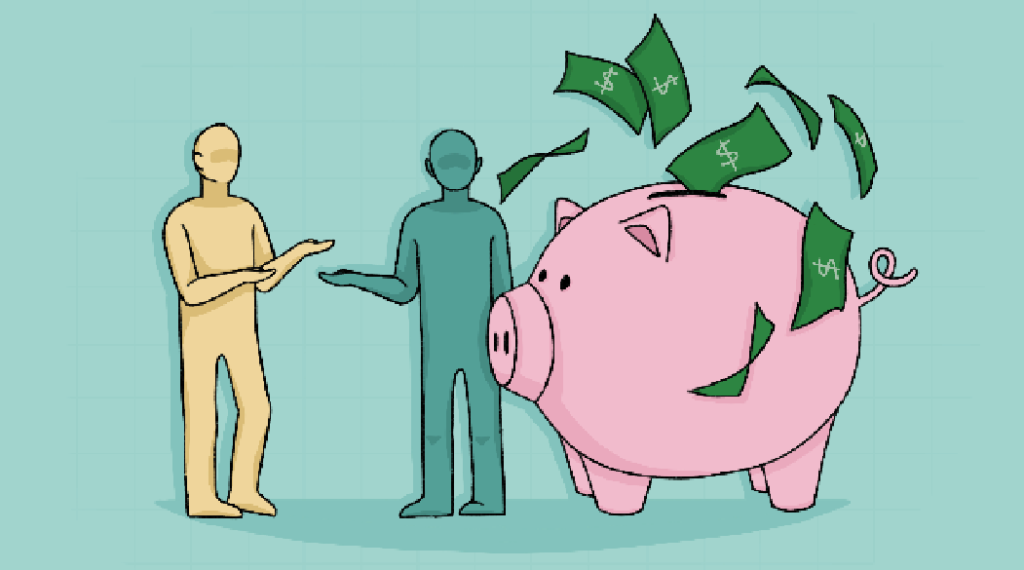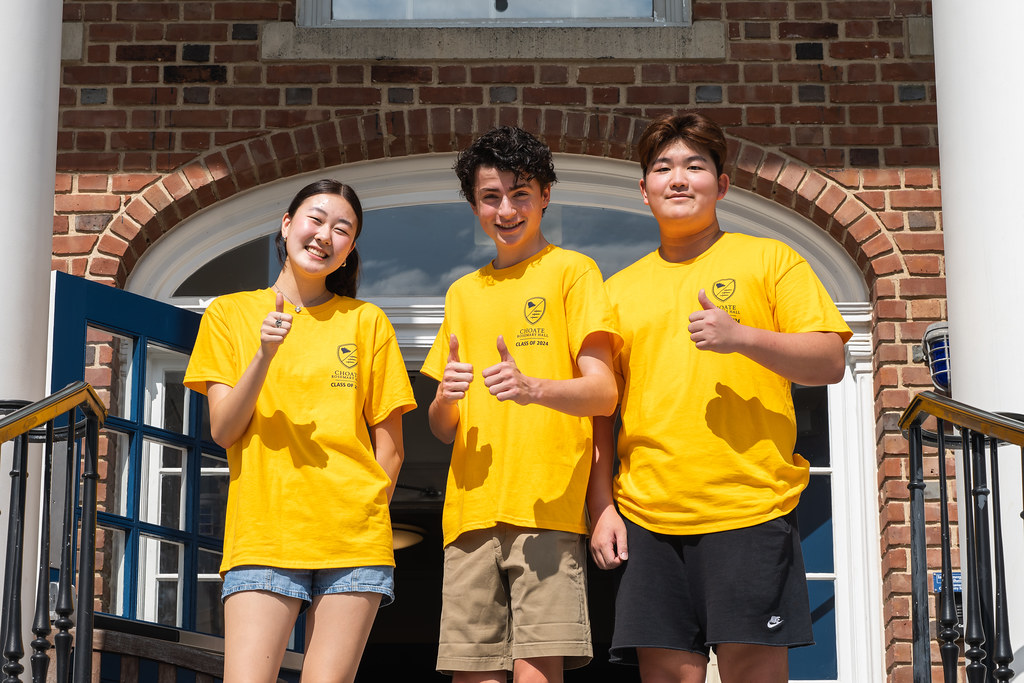Wednesday, September 9. The day the dining hall became the battleground of the School.
On that day, Donald Trump was elected President of the United States, and our own campus could not have been more visibly lurid and torn. Somehow even students with allegiance to the same candidate found ground to fight on. Even today, most reactions still range from feelings of intense unsafety to laughter at the failure of our system. I have neither of these feelings – instead, only a disappointment in our student body.
Normally, I endeavor to stay out of politics. However, the magnitude of the issue we face now transcends anything simply political. Quite frankly, I could not care less about who lives in the White House. I’d be saying all the same things if Hillary Clinton were elected. To me, the importance of this election lies not in its influence on our lives and families, though I do not deny that effect. It lies in the way in which it has brought the worst out of us — out of me, and out of you. Yes, you. None of us are any less complicit in this.
You who propose death threats of Donald Trump and his family, you who unequivocally despise those who voted for him, you who maintain in binary truth, you who unambiguously maintain his inadequacy as a candidate, you who insist on the inevitable collapse of the economy: you are all a part of the problem.
I am not talking about the discord that has bred over the course of the last year. While this is an issue, President Obama and Donald Trump have both pushed for national unity in the face of the election results. I speak of the immutability of our opinions. When’s the last time you convinced someone or was convinced by someone in a heated political argument? The issue lies in our belief in absolute right and wrong and the idea that morals can be derived from objective axioms. It lies in that there is a “them” and an “us.” It lies in our fundamental tribalism as human beings.
These behaviors essentially declare war on bigotry using bigotry. Chauvinistic jingoism has become the norm of mental paradigms. Such attitudes of Trump, Clinton, and independent supporters, foes, friends, and family alike, are manifestations of the same fatal hubris; of the same tendency to categorize, stereotype, take sides, and overreact.
These habits lay dormant with the absence of divisive ideas on the world stage, but they have been brought out in their worst forms with the election. In the spring of my freshman year, I would sit in the dining hall for sometimes up to two hours just ruminating on life with my friends. After the election, I have hardly been able sit there for two minutes in the dining hall without fighting – or embracing – the urge to just stand up and remove myself from the situation.
I challenge myself and us all to persevere past the discomfort around us, and remain respectfully engaged. I know that opinions do not easily waver. But to those of you who felt even a slight figment of uncertainty waver within you: you are the future of this world, and of our school. Let us all work to be as such.




